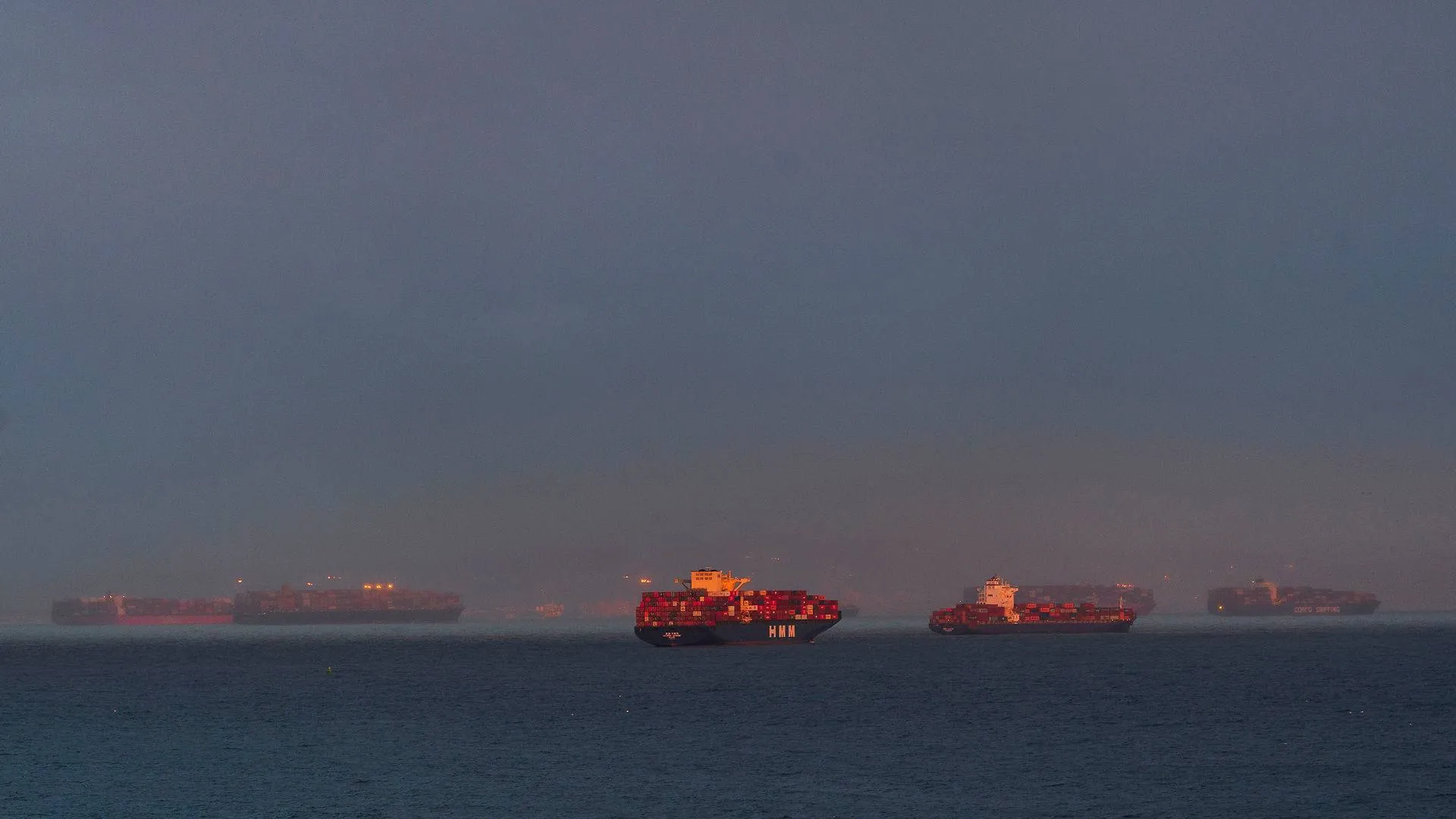| Anchorage Name | Location (Coordinates) | Area (km²) | Depth (m) | Bottom Type | Max Vessel DWT | Capacity | Primary Use | Restrictions & Safety Notes | Commercial Notes |
|---|---|---|---|---|---|---|---|---|---|
| Takehara Outer Anchorage | 34°20’00″N 132°55’00″E | 1.2 | 15-20 | Mud/Sand (70%/30%) | 50,000 | 3 vessels (min 500m separation) | Waiting/Storm shelter/Bunkering | Exposed to NW winds; Currents up to 3.5kt during spring tides; Night anchoring requires port permission | Bunkering available via barge only; Fresh water supply (200t/day max) |
| Takehara Inner Anchorage | 34°21’30″N 132°56’15″E | 0.8 | 10-12 (dredged annually) | Clay (Holding power 3-5x depth) | 30,000 | 2 vessels (bow/stern mooring required) | Cargo operations/Transshipment | Pilot mandatory; Prohibited for LPG/LNG; Max stay 7 days; Daytime ops only | Stevedoring ¥12,500/hr (min 4hr); Cranes available (max 50t) |
| Takehara Emergency Anchorage | 34°19’45″N 132°54’30″E | 0.5 | 18-22 (silt monitoring monthly) | Sand/Shell (Holding power excellent) | 80,000 | 1 vessel (priority to vessels in distress) | Emergency use only | Activation requires JCG approval; Must maintain VHF16 watch; No repairs permitted | No commercial operations; Tugs on standby (2x 3200HP) |
| Takehara Quarantine Anchorage | 34°20’18″N 132°55’42″E | 0.3 | 12-15 | Hard Clay | 20,000 | 1 vessel | Health inspections | Yellow flag required; No crew transfers; Medical waste disposal available | Medical services available within 2hr notice |
Operational Details:
- Anchoring Procedures:
- Minimum scope 5:1 (6:1 recommended for typhoon season June-Oct)
- Anchor watch mandatory with position checks hourly (GPS preferred)
- Dragging alarm setting: 0.1nm radius for vessels <30,000DWT, 0.15nm for larger
- Communications:
- Port Control: VHF Ch 12/16 (English/Japanese)
- Pilot Station: VHF Ch 13 (continuous watch)
- Emergency: DSC Ch 70 + 81 (JCG Takamatsu MRCC)
- Environmental:
- No anchoring within 1nm of Takehara Marine Park (34°22’N 132°57’E)
- Waste discharge prohibited (MARPOL Special Area)
- Ballast water exchange must occur >20nm offshore
Meteorological Conditions:
| Season | Prevailing Winds | Wave Height | Visibility | Special Notes |
|---|---|---|---|---|
| Winter (Dec-Feb) | NW 15-25kt | 1.5-3m | >5nm (90%) | Occasional snow squalls |
| Spring (Mar-May) | Variable 5-15kt | 0.5-1.5m | 3-10nm (fog 5%) | Fishing boat activity |
| Summer (Jun-Aug) | SE 10-20kt | 0.5-2m | >10nm (95%) | Typhoon season alert |
| Autumn (Sep-Nov) | NE 10-15kt | 1-2m | 5-10nm | Best anchoring conditions |
Critical Reminders:
- Mandatory pre-arrival notifications:
- ETA 72h: Initial notice
- ETA 24h: Confirmation
- ETA 3h: Final update
- Required documents:
- Anchorage Plan (scale 1:10,000)
- Emergency SOPs
- P&I Club Certificate
- Port State Control focus items:
- Anchor chain certification
- Emergency lighting
- Oil spill equipment





